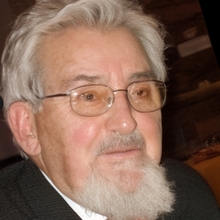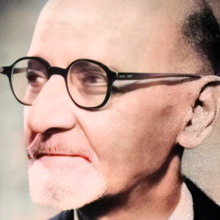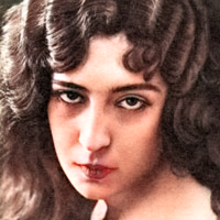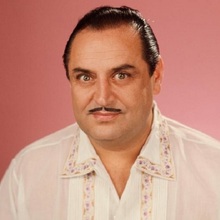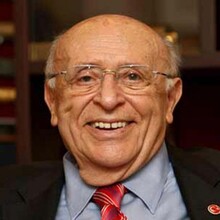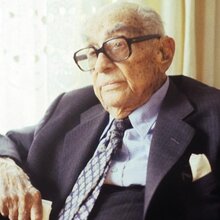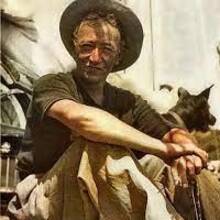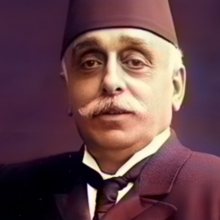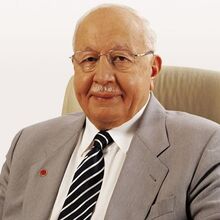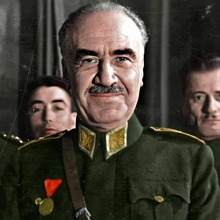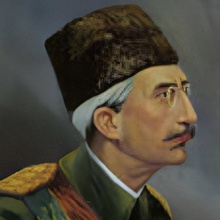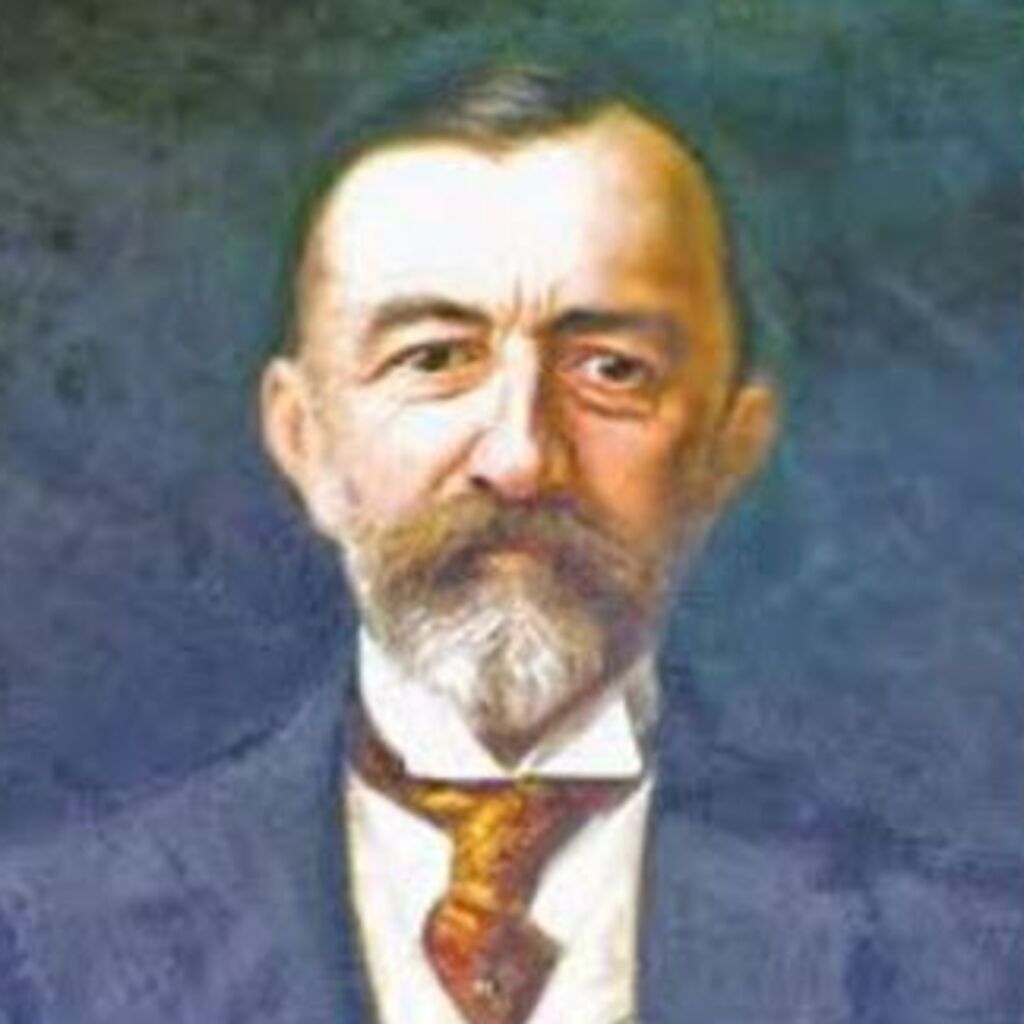
Personal
Other names:
Job / Known for:
Turkish Romantic poet and playwright
Left traces:
His poems and plays that influenced literature
Born
Date:
1852-01-02
Location:
TR
Bebek, Constantinople, Ottoman Empire
Died
Date:
1937-04-12 (aged 85)
Resting place:
TR
Death Cause:
Natural causes
Family
Spouse:
Fatma Hanım (1871-1885), Nelly Hanım (1890-1936)
Children:
Parent(s):
Hayrullah Efendi (father), Münteha Hanım (mother)
QR Code:
 My QR code:
Abdulhak Hamid Tarhan
https://DearGone.com/11894
My QR code:
Abdulhak Hamid Tarhan
https://DearGone.com/11894
Key Ownner:
Not yet supported by key owner
Show More
Rank
Users ranking to :
Thanks, you rate star
Ranking
5.0
1
Fullname
Abdulhak Hamid Tarhan
Fullname NoEnglish
Abdülhak Hâmid Tarhan
Slogan
The world is a stage, and we are the actors.
About me / Bio:
Show More
Article for Abdulhak Hamid Tarhan
Died profile like Abdulhak Hamid Tarhan
Comments:
